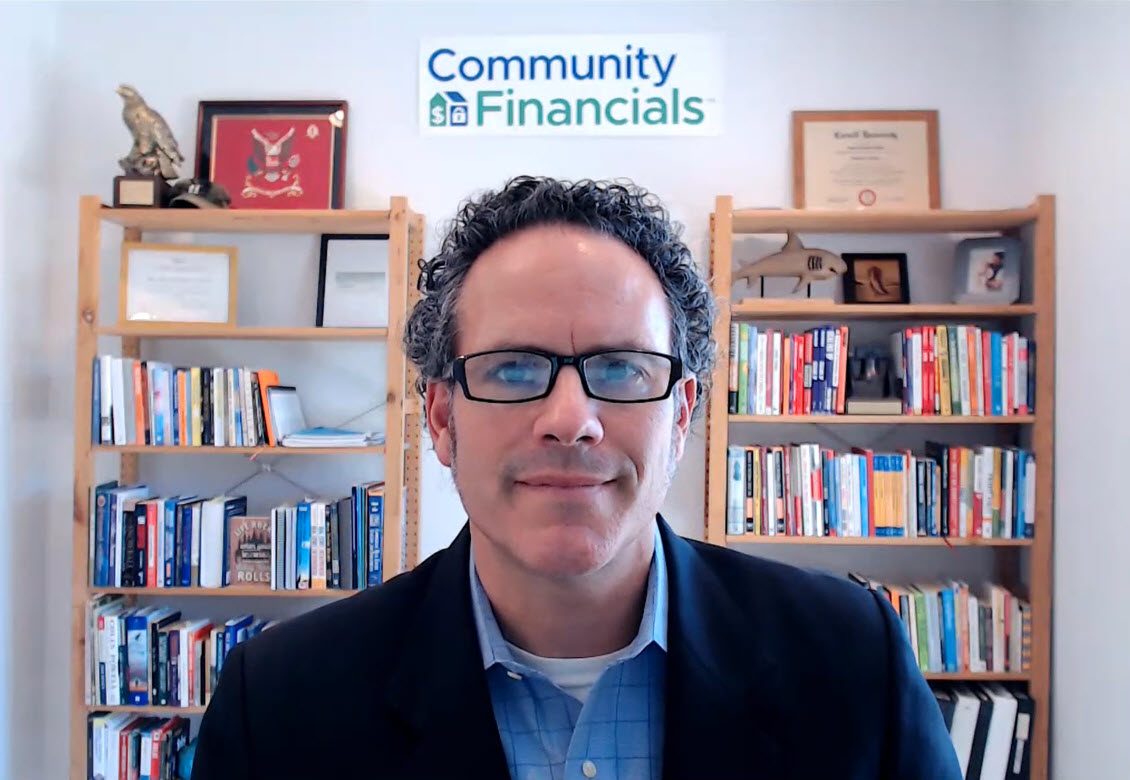Accounting Services for HOAs and Condo Communities
Homeowners Associations (HOAs) and condo communities use accounting services. However accounting service is a broad term and can mean different things to different people. In this post we are going to explain the various accounting services for HOAs and Condo Communities.
FINANCIAL MANAGEMENT / BOOKKEEPING
On a weekly and monthly basis HOAs and condos require routine accounting services. Most communities collect dues monthly, others quarterly or annually. The accounts receivable tasks of invoicing owners for their assessments, collecting and depositing assessments, adding late fees and mailing late letters, answering owner accounting questions and so on are part of these accounting services.

In addition bills must get paid at least monthly and more commonly weekly if you want to keep your vendors happy. The accounts payable tasks of receiving the bill, data entry, adding the correct GL code and circulating for approval are the first step. Next cutting a check, recording the payment and mailing out the payment finish out the process. But don’t forget to record the tax info to produce 1099s for vendors that get paid more than $600 annually from your community or tracking insurance expirations before paying vendors to reduce your liability.
The final step is producing the financial reports for the community. Some states require monthly reporting others don’t but we recommend providing them monthly. The month has to be closed to generate the quarterly reports so it doesn’t save much time to only report quarterly. Plus it’s better to know where the community stands on a monthly basis and helps the board make better decisions. The common reports are the comparative income and expense statement (showing a variance from your budget), balance sheet, aged receivables. Then there are a host of other supporting reports you can review. Read our Best 4 Financial Reports to Run your HOA or Condo for more information on financial reports.
HOA financial management, HOA financial reporting, HOA bookkeeping or condo financial management, condo financial reporting or condo bookkeeping are all synonymous with this type of HOA or condo accounting service.
TAX PREPARATION
At fiscal year-end associations have to file a tax return. The year-end financial reports from the financial management/ bookkeeping / accounting services outlined above are provided to an accountant to prepare a return.
Even though communities are organized as non-profit corporations this does not preclude them from filing a tax return. If you have not or do not file a return we suggest you talk to an accountant that specializes in community tax return preparation to help get your association up to date.
AUDITING
Auditing helps to confirm that the financial reporting your HOA or condo generates or is provided are credible. An audit by its very definition is objective and independent examination of the financial reports, processes and internal controls. This is why a separate accounting company from the one that provides the financial management / bookkeeping and that specializes in homeowner associations or condo community auditing should be engaged.
Some states require audits and others do not. Florida is the state with the most community associations in the country. Their laws require an audit as follows: An association with annual revenues less than $150,000 or fewer than 50 parcels/units is only required to prepare a report of cash receipts and expenditures. Associations with 50 or more units/ lots and annual revenue between $150,000 and $300,000 must file an annual COMPILED statement by a CPA. If the annual revenues are between $300,000 to less than $500,000 a REVIEWED statement is required. If the annual revenues are $500,000 or more an AUDITED statement is required.
Some community governing documents require audits and others do not. However, it is a best practice to get your community’s financials reports audited every so often. For larger communities with bigger budgets you may want to have an audit performed annually. For smaller associations you may want to have an audit once every three years. Also audits range in thoroughness. Some states require more in-depth audits for associations with budgets over a specific annual amount of income. Make sure to ask questions and hire a firm to do an audit that provides the level of detail your community wants or requires.
SUMMARY
If you are looking for HOA financial management, HOA financial reporting, HOA Bookkeeping or condo financial management, condo financial reporting or condo bookkeeping you may want to read our Community Financial Management Options: Pros and Cons. This specialty practice of community accounting is all Community Financials does. If you want to investigate this option for your community and start the discussion at your next board meeting click on this link to request a quote for financial management by Community Financials.


